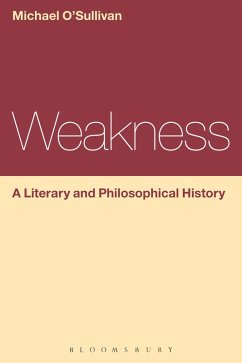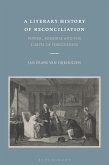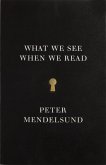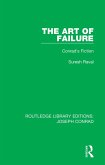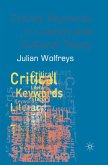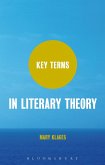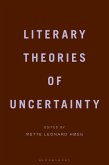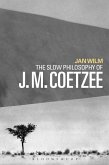Examining the nature of weakness has inspired some of the most influential aesthetic and philosophical portraits of the human condition. By reading a selection of canonical literary and philosophical texts, Michael O'Sullivan charts a history of responses to the experience and exploration of weakness.
Beginning with Plato and Aristotle, this first book-length study of the concept explores weakness as it is interpreted by Lao Tzu, Nietzsche, Derrida, the Romantics, Dickens and the Modernists. It examines what feminist writers Simone de Beauvoir and Luce Irigaray have made of the gendered biomythology constructed around the figure of the "weaker vessel" and it considers related notions such as im-potentiality, a "syntax of weakness" and human vulnerability in the work of Agamben, Beckett and Coetzee.
Through analysis of these differing versions of weakness, O'Sullivan's study challenges the popular myth that aligns masculine identity with strength and force and presents a humane weakness as a guiding motif for debates in ethics.
Beginning with Plato and Aristotle, this first book-length study of the concept explores weakness as it is interpreted by Lao Tzu, Nietzsche, Derrida, the Romantics, Dickens and the Modernists. It examines what feminist writers Simone de Beauvoir and Luce Irigaray have made of the gendered biomythology constructed around the figure of the "weaker vessel" and it considers related notions such as im-potentiality, a "syntax of weakness" and human vulnerability in the work of Agamben, Beckett and Coetzee.
Through analysis of these differing versions of weakness, O'Sullivan's study challenges the popular myth that aligns masculine identity with strength and force and presents a humane weakness as a guiding motif for debates in ethics.

